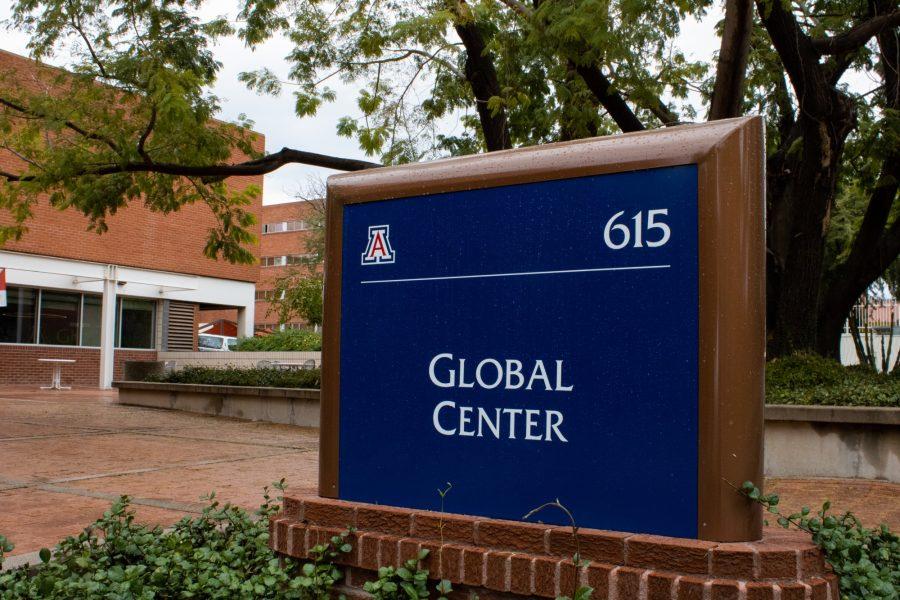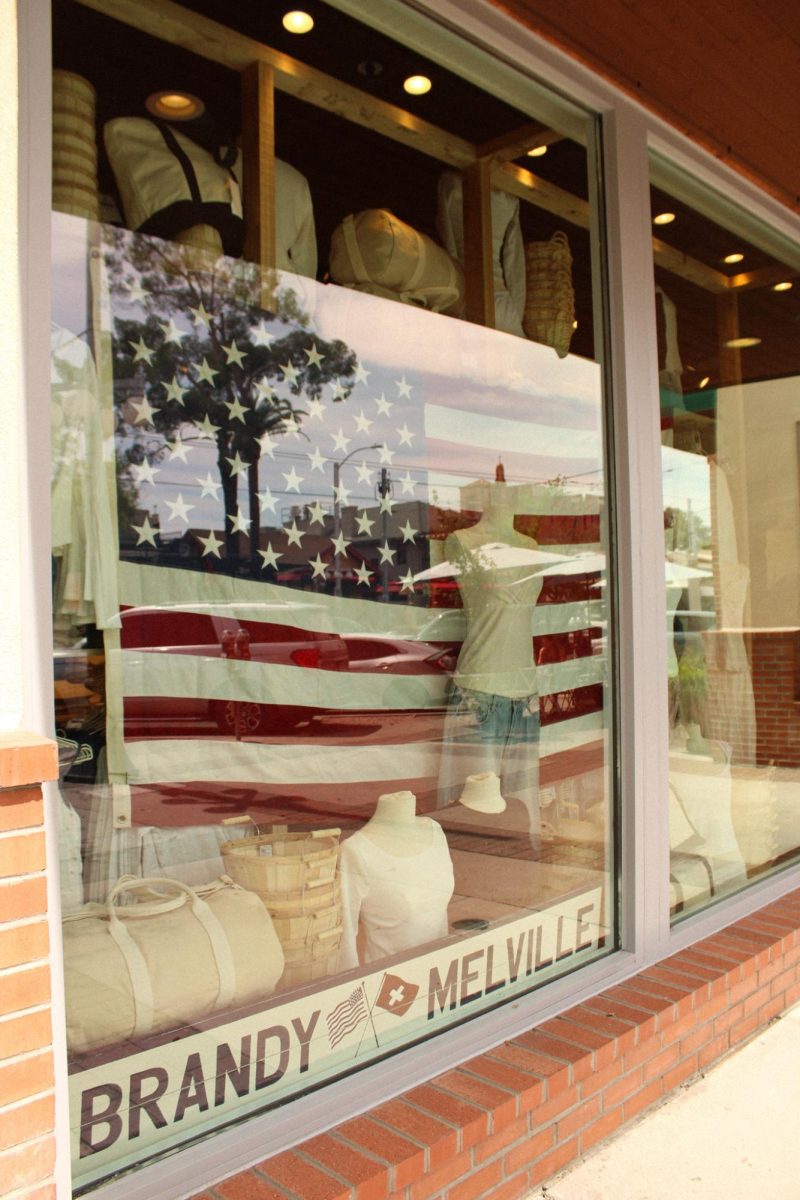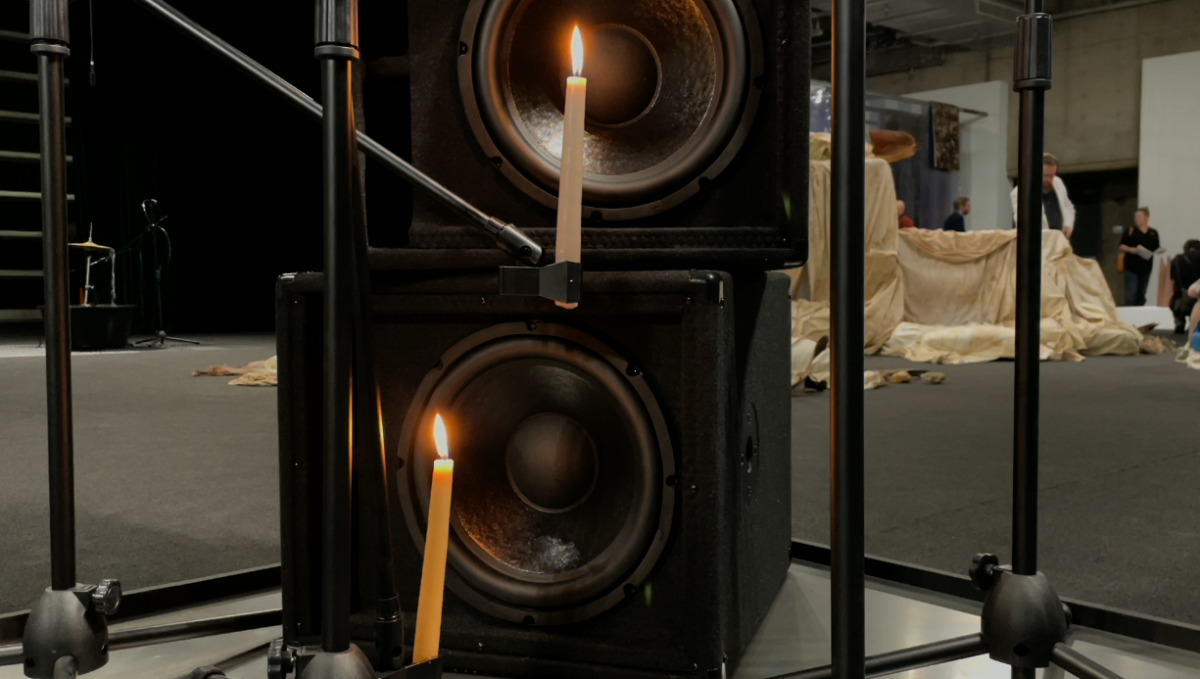The University of Arizona has students from all over the world coming to the states to pursue their degrees, but due to the outbreak of COVID-19, many UA international students are spending summer break in Tucson as a result of the travel restrictions or for safety reasons.
Hassan Alquraini, a UA international student from Saudi Arabia, keeps telling himself that all the COVID-19 situation is temporary. Alquraini, who is taking three summer classes, tries to keep himself busy by doing his homework.
“I decided to stay here in the US because I do not want to be at risk in the airports,” Alquiraini said via email. “In addition, I have classes, and I know I will not study too much in my country.”
RELATED: Public and nonprofit entities respond to pandemic struggles among homeless
Studying abroad is a challenge. Learning a new language and adapting to a new culture are factors that international students have to deal with.
Hui-Yu Wu, a sophomore international student from Taiwan majoring in pharmaceutical sciences, studied at the Center for English as a Second Language for four months. From there, the idea of studying abroad came to her mind.
“I felt that I really wanted to study abroad because of the learning environment and lifestyle,” Wu said via email.
UA is recognized for having a diverse community in students and staff that provide a mix of cultures.
“I like most being in the US’s college [for] a diversity of the cultures. I like to learn the cultures from people,” Alquraini said via email.
International students not only have to deal with the stress of classes, quizzes or exams, but they also sometimes have to deal with learning a different language: English.
“[College experience at the UA] is tough, especially having many science courses and learning everything in the second language, but overall, it is productive and amazing,” Wu said via email.
RELATED: UA to quietly reform Title IX procedures in face of new federal regulations
Francisco Villegas, a civil engineer from Mexico who came to the UA to pursue his Ph.D. in civil engineering and engineering mechanics, said he felt welcomed since the beginning.
“I remember that nervousness during the first week due to the transition to a different language and culture,” Villegas said. “I adapted very fast though.”
According to Wu, the university provides a lot of resources to help students succeed in class, such as office hours, THINK TANK and advisors.
Studying and living in a different country with a different language and culture can make people miss even the smallest things, Wu said, like seeing family members every day and food.
“I miss Taiwanese food and cannot make it by myself, just makes me get homesick much more,” Wu said in an email.
Villegas echoed the sentiment, saying even though Tucson is close to the border with Mexico, the taste of the food is not the same.
The Centers for Disease Control and Prevention requires people to stay at home and only go out for basic needs. This has forced people to find new hobbies.
Via email, Wu mentioned that she was not a fan of exercising, but since quarantine, she has been working out.
“Workout could be my new hobby,” Wu said in an email. “I feel like I have become understanding why people like to work out.”
She said she has also been exploring new music from Spotify and memes.
Villegas also found himself in a new hobby: yoga. He says it helps him to relax, meditate and grow spiritually. Additionally, he has been reading books about different topics like photography, astronomy or life lessons.
The explosion of cases in Arizona and Gov. Doug Ducey’s mandatory shut-down order for bars, gyms and movie theaters has made some international students question whether school will, or even should, start up again in-person this fall.
“I am kind of afraid if the campus will be open this fall, even though I miss those days which I am able to go to classes in-person and hang out with friends so much,” Wu said.
Arizona is the new COVID-19 hotspot, together with Texas and Florida. The risk of traveling makes some students afraid to come back to campus or fly back to their countries.
“I rather stay [in the states] self-isolating until I finish everything and when I go back to my country, I will quarantine myself for a few weeks before I even dare to interact with my family,” Villegas said in an email. “I prefer being conservative and on the safe side than involuntarily infecting my beloved ones.”
Follow Diana Ramos on Twitter















